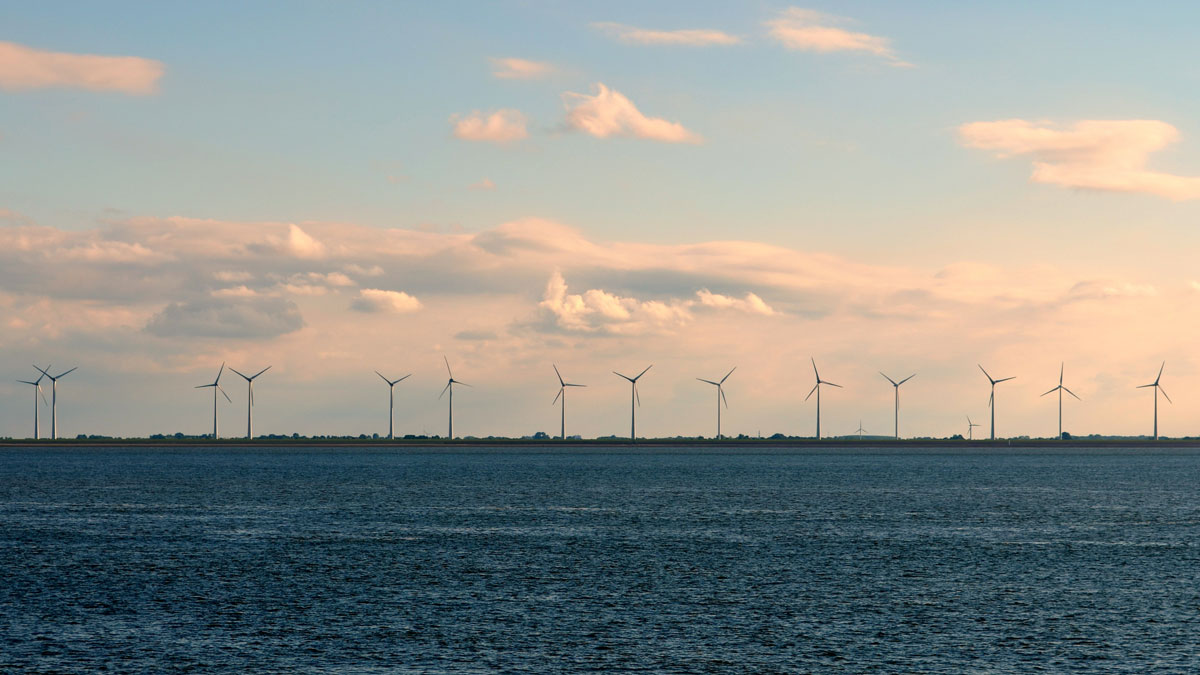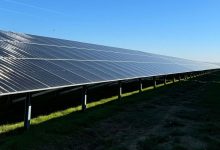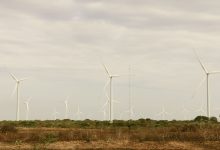EC to Support Offshore Wind Technology in Poland
The European Commission has approved, under EU State aid rules, a Polish scheme to support offshore wind technology. The measure will help Poland reach its renewable energy targets without unduly distorting competition.
“This Polish scheme is a very good example of how competition policy can enable Member States to support green energy projects, such as offshore wind farms. It gives the incentive to companies to invest in such green projects where they would otherwise not have invested. We hope that we will see many such initiatives in the future, which contribute to the EU’s Green Deal, without unduly distorting competition in the Single Market,” Executive Vice-President Margrethe Vestager, in charge of competition policy, said.
The Polish scheme
Poland notified the Commission of its intention to introduce a new scheme to support offshore wind farms. Offshore wind technology is at an initial stage in Poland.
The aid will be granted in the form of a two-way contract-for-difference premium, during 25 years, but only up to 100,000 full load hours per Megawatt of installed capacity. Under this model, this variable premium is calculated as the difference between the reference price and the market price for electricity. When the market price is below the reference price, beneficiaries will be entitled to receive payments equal to the difference between the two prices. However, when the market price is above the reference price, beneficiaries will have to pay the difference between the two prices to the State.
The scheme will roll out in two phases. During the first phase of the scheme, offshore projects will be granted aid using the exception to the auction requirement, due to the existence of a very limited number of projects. The reference price for projects in the first phase will be administratively fixed based on their costs, with a maximum set at 319,60 PLN/MWh (€71,82/MWh). After obtaining the environmental permit which will fix the final technical characteristics of the project, each project will submit an individual notification with a business plan to the Commission. Based on the respective business plan, the Commission will assess individually the specific level of operating aid.
Under the second phase of the scheme, aid will be granted through open and competitive auctions which will be organised as of 2025, and the reference price of projects will be fixed based on the respective bid.
The scheme has a total maximum budget of €22.5 billion and will run until 2030.
The Commission’s assessment
The Commission assessed the scheme under EU State aid rules, in particular the 2014 Guidelines on State aid for environmental protection and energy.
The Commission found that the aid is necessary and has an incentive effect, as the offshore wind projects would not take place in the absence of public support. Furthermore, the aid is proportionate and limited to the minimum necessary. Finally, the Commission found that the positive effects of the measure, in particular the positive environmental effects outweigh any possible negative effects in terms of distortions to competition.
Poland also committed to carry out an ex-post evaluation and will assess the features of the scheme in the evaluation.
On this basis, the Commission concluded that the Polish scheme is in line with EU State aid rules, as it supports offshore wind farm projects, which will facilitate the development of renewable energy production from offshore wind technology in Poland and reduce greenhouse gas emissions, in line with the European Green Deal, and without unduly distorting competition.
Background
The Commission’s 2014 Guidelines on State Aid for Environmental Protection and Energy allow Member States to support project like the Polish offshore wind scheme, subject to certain conditions. These rules aim to help Member States meet the EU’s ambitious energy and climate targets at the least possible cost for taxpayers and without undue distortions of competition in the Single Market.
The Renewable Energy Directive of 2018 established an EU-wide binding renewable energy target of 32% by 2030. With the European Green Deal Communication in 2019, the Commission reinforced its climate ambitions, setting an objective of no net emissions of greenhouse gases in 2050. In April 2021, the European Council and the Parliament reached a provisional agreement on the net 55% target for 2030, which sets the ground for the ‘fit for 55’ legislative proposals scheduled for June 2021.
The recent EU offshore Strategy identifies the importance of offshore wind as part of the Green Deal.







